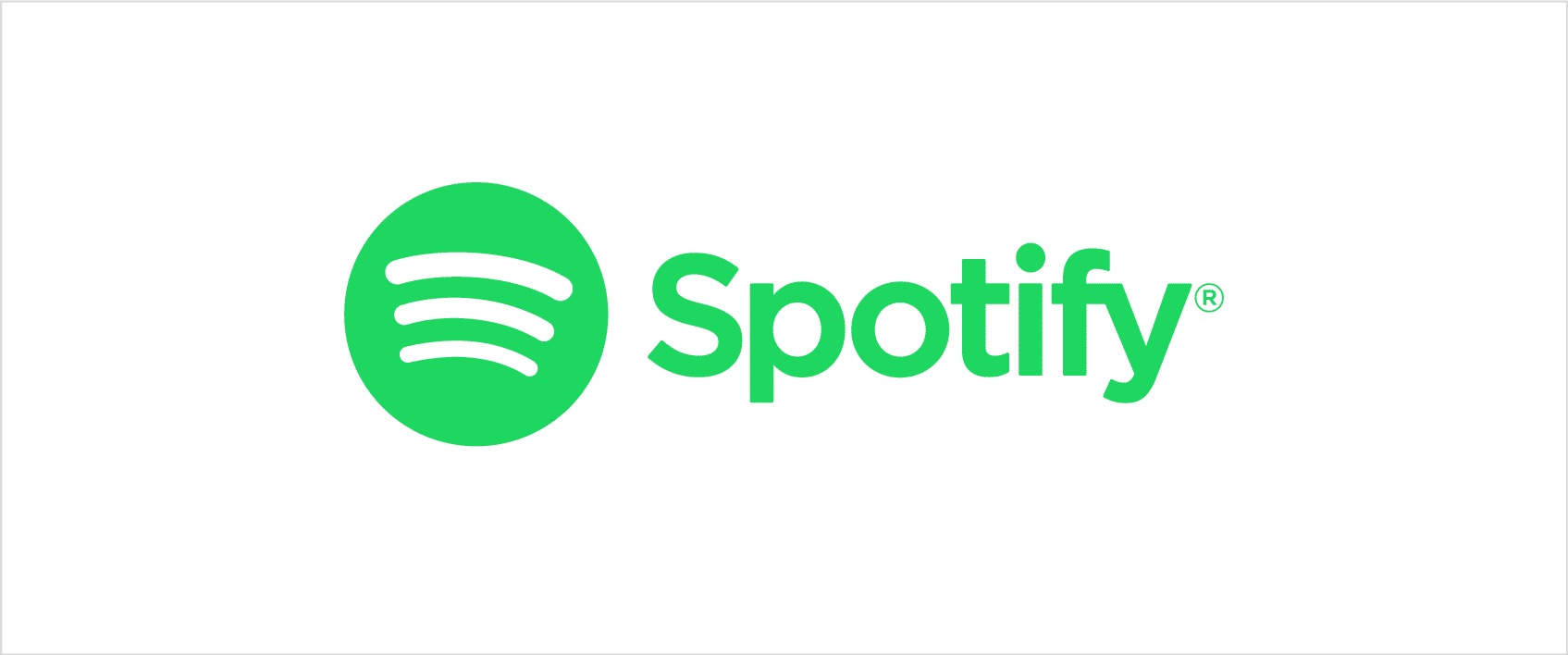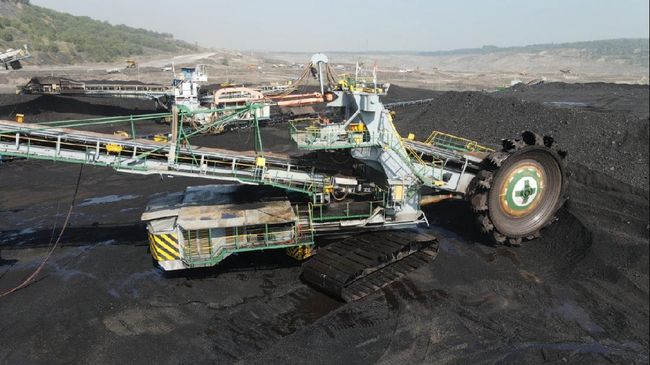Alain Ponsard, speaker, founder of the consulting firm Conscientisaction and OHS coach (Photo: courtesy)
–
HEALTH AND SAFETY AT WORK IN SMES. Occupational health and safety (OHS) has been at the center of the concerns of SMEs since March 2020. Should we expect that new habits in this area taken during the pandemic will take hold in companies?
“COVID-19 has accentuated the credibility of health and safety services at work,” observes Thibault Genève, director in Canada of BlueKanGo, a digital platform for quality, hygiene, safety and the working environment. “These services were sometimes seen as the stoppers from going around in circles on the ground, but they were on the front lines at the height of the crisis, so leaders were able to see their value in practice. ”
OHS managers no longer listened to, therefore. But does this listening translate concretely into greater employee awareness of the precautions to be taken? Yes, according to André Boucher, president of Bellemare Couvertures, a Joliette SME which employs around fifty roofers. “I would never have thought that we would arrive at such a discipline in terms of wearing a mask or visor. Some of these safe habits will stay, ”he believes.
“Health measures have created awareness” in companies, also perceives Michel Pérusse, associate professor at the School of Management of the University of Sherbrooke and specialist in these issues for nearly 50 years. He added that one of the conditions for the development of an OSH culture in a company is precisely the support of the teams.
However, the current health rules will only become a habit if they are respected over the long term and if the hierarchy is exemplary in the matter, nuance Alain Ponsard, speaker, trainer and coach in OHS.
The founder of the consulting firm Conscientisaction is indeed more mixed about the potentially virtuous effect of COVID-19 on OHS. “Paradoxically, I have the impression that there has been a certain setback in SMEs in terms of risk management,” he says. With the pandemic, the rules have continuously evolved, which has resulted in a kind of hypervigilance, especially for managers. Enforce the wearing of masks, physical distancing, teleworking, entry and exit checks… We have increased the stress on these subjects, so we have sometimes lowered our guard on other traditional risks ”.
Mental health under strain
Louis Veilleux is president of Normandin, an SME specializing in the transformation of sheet metal located in Saint-Valérien-de-Milton, in Montérégie. For him, the pandemic was in particular an opportunity to refresh his action plans, which dated from the severe acute respiratory syndrome (SARS) crisis in 2003. “In March 2020, our factories were only shut down for a few hours. only, ”he testifies.
Today, however, his concern concerns the potential mental consequences of this pandemic episode. “It was a particularly tough time for some team members, both professionally and personally,” he says. We had to work harder. From now on, we are trying to provide them with even more moral support. “
This is why the company has opted for a hybrid teleworking model. “A real OHS choice,” says Louis Veilleux. Taking advantage of the group effect is very beneficial. And [être parfois en personne] also allows us to see better when a person is not doing well. Moreover, Normandin was a finalist for the 2021 Mercuriades awards from the Fédération des chambres de commerce du Québec in the Occupational health and safety category.
“It is difficult to measure, but I constantly hear that the mental load of managers has increased a lot lately”, confirms Alain Ponsard. Especially since they have to manage this crisis… in addition to the labor shortage which is still rife! “
“COVID is no longer the main subject today,” adds Marcel Curodeau, president of Medial Services-Conseils SST. In his view, the spotlight is now on the rotation of the workforce and, consequently, on the increase in OHS training needs. “The pandemic has only exacerbated the needs in this area,” he notes. Before concluding, with a wink: “After the storm, it’s always the storm! “
– .


